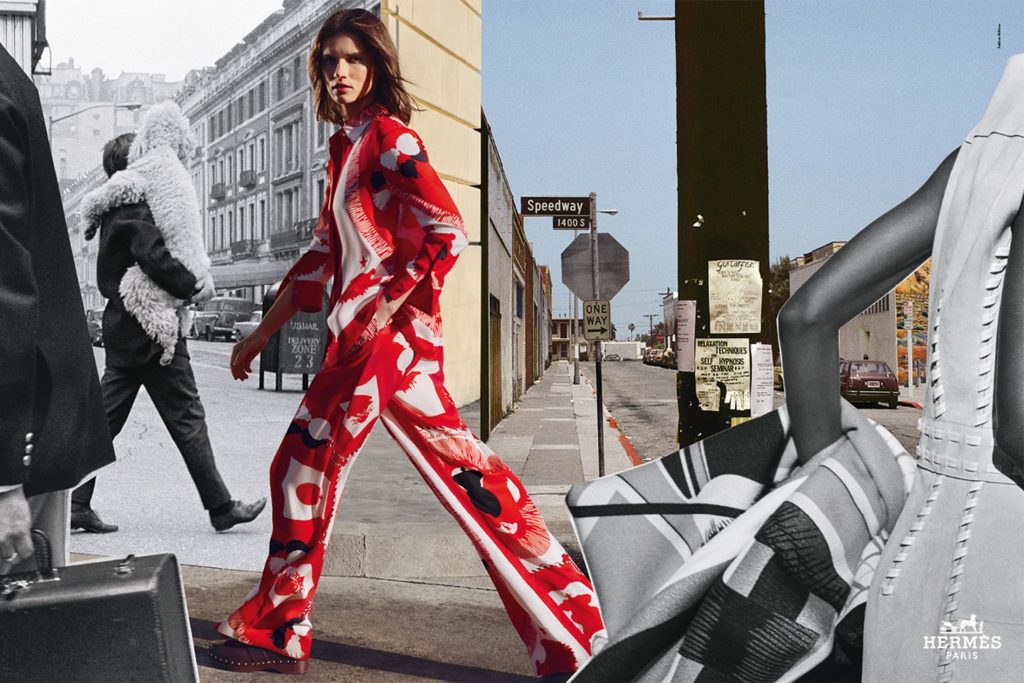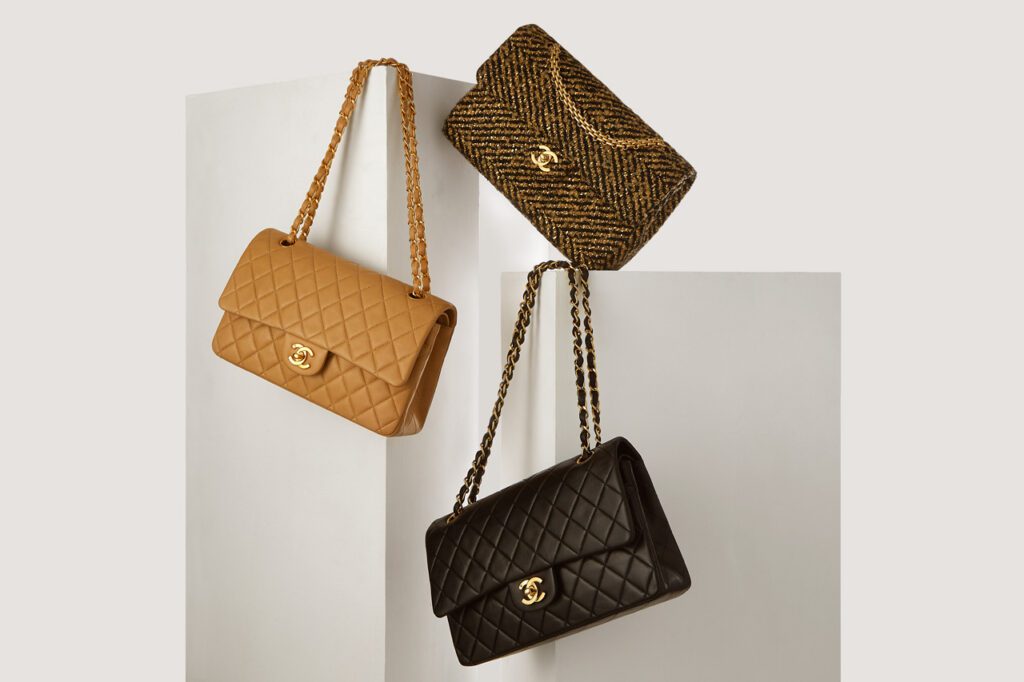One of the core narratives in connection with the COVID-19 retail market is that consumers have shunned most discretionary purchases to focus on essential items. While that is true to a large extent, with sales of apparel plummeting (save for pajamas and loungewear sales, which has surged in recent weeks) and luxury goods growth following suit – and expected to fall by as much as 60 percent in the second quarter of the year – in light of the onset of the global health pandemic, a portion of the American population is still buying luxury goods.
According to newly-released data from Adobe Advertising Cloud, which took the temperature of more than one thousand consumers, 61 percent say that they plan to cut back on purchases due to the pandemic. Particularly interesting is the response that came from a group of young consumers, who say that despite being negatively impacted by the coronavirus, they are not exactly deterred. Adobe found that more 50 percent of the Gen-Z consumers it surveyed (i.e., those born between 1995 and 2015) are “not hesitating when considering luxury goods purchases.”
In furtherance of that undeterred appetite for luxury, 40 percent of this same group of consumers revealed that they “want luxury or nonessential brand advertising directed toward them, despite the generation being most affected negatively by economic challenge due to COVID-19,” according to Adobe. The findings come as nearly 70 percent of advertisers say that they have decreased their advertising spend on nonessential products.
The sentiment of the majority of luxury-hungry Gen-Z consumers comes in contrast with that of 76 percent of Gen X consumers and Baby Boomers, and 75 percent of millennials, who say that they are “hesitant” to indulge in luxury consumption at the moment. And with that in mind, Adobe found that 20 percent of the consumers that it surveyed, as a whole, do not want to see advertising by luxury goods and/or for luxury goods, which means that there is “an implied reputation risk for the makers of opulent goods who push their messages into the public sphere,” according to AdWeek.
The one key exception here is millennial men, those born between early 1980s and the mid-1990s, who are shopping – and spending – more online than they did before the onset of the pandemic.
As for why the Gen-Z demographic, which is traditionally characterized by lower incomes and less job security than older generations, is feeling more optimistic about shopping in the face of COVID-19, AdWeek suggests that it is likely because “today’s early twentysomethings didn’t really feel the bite of the last recession and may tend to be dismissive of how menacing it can be.” Another possibility, according to the ad-focused publication: “Many Gen-Z Americans either have not left home or have been forced to move back in with mom and dad in the wake of the pandemic,” thereby, potentially freeing up some cash.
In terms of what brands should do with this information, Adobe states that “turning off all advertising may be tempting to brands, [but] our findings show us that this is not the best solution,” noting that “pockets of opportunity still exist.”











